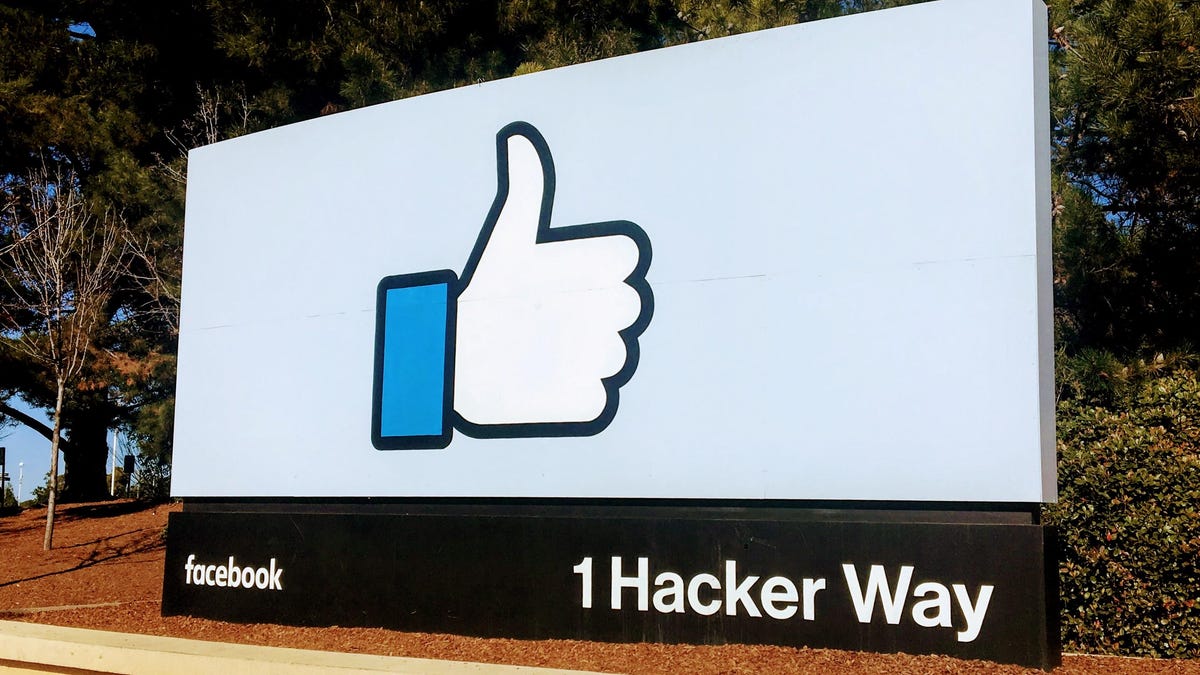Facebook limits how advertisers can target you
The social network is ending something called "Partner Categories." It’s all part of Facebook's ongoing re-evaluation of its data policies.

Facebook is shutting down an ad product called "Partner Categories."
Facebook has been examining how it could better protect people's data. Now it's limiting some of its practices around advertising data.
The social network on Wednesday said it's ending something called "Partner Categories," which lets advertisers use information from third-party data providers including Experian and Oracle Data Cloud. Facebook partnered with those companies to help advertisers -- in particular, advertisers like small businesses that may not have much customer data of their own -- to help them reach specific types of customers on Facebook.
"While this is common industry practice, we believe this step, winding down over the next six months, will help improve people's privacy on Facebook," the company said in a blog post.
It's all a little wonky, but it's indicative of Facebook's re-evaluation of its data policies. It's all part of the continued fallout over Cambridge Analytica, a digital consultancy with ties to the Trump presidential campaign that accessed ill-gotten data from 50 million Facebook users. The controversy raised questions about Facebook's handling of data, and if it was doing enough to keep it safe.
Earlier on Wednesday, Facebook announced new privacy tools that make it easier for people to manage their data settings. For example, they let you access and delete things from your timeline like posts and comments. They also make it easier for you to download and see all the data Facebook has on you.
Last week, after days of silence, CEO Mark Zuckerberg apologized for the scandal. "We have a responsibility to protect your data," Zuckerberg wrote on his Facebook page. "And if we can't then we don't deserve to serve you."
iHate: CNET looks at how intolerance is taking over the internet.
Special Reports: CNET's in-depth features in one place.

